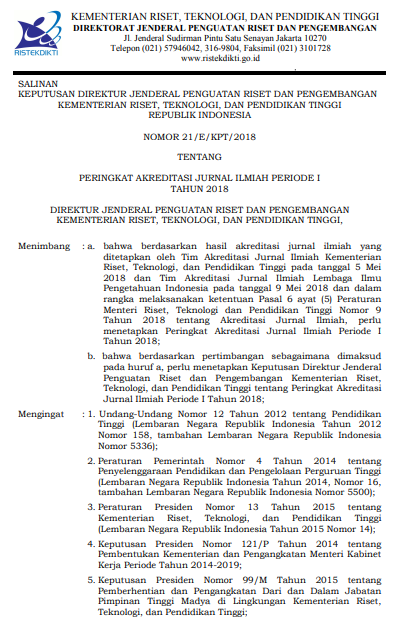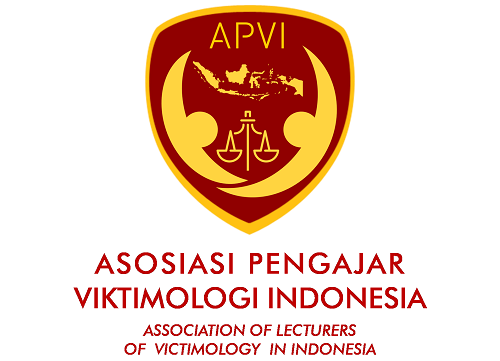PROSES LEGITIMISASI ‘HMT’ DI PENGADILAN TIPIKOR AMARTA
Abstract
This study describes the process of enculturation anti-corruption where its dynamic has change to a legitimation of should punish the defendant. With ethnographic case study approach, the study focused on how judges interpret the criminal acts of corruption and how to respond to legitimate to punish the defendant in the context of decision-making. The results showed that the judges react in two ways of reasonings, first, they interpret it as an intervention or intimidation that threatens self-identity. Second, open records his experience of corruption and political relations, or not as transparent as other cases. Technically, the conceptual relationship between the two reasoning is a psycho-cultural cognition as a perfect reflection on their work, structured from the examination to the decision. In other word, the defendant not guilty verdict symbolizes maintaining self-identy and a rejection of legitimation of the defendant should be penalised.
Key words: legitimation of defendant should be penalised, meaning of corruption cases, psycho-cultural cognition.
Full Text:
PDF View
DOI: http://dx.doi.org/10.20884/1.jdh.2012.12.3.83
Refbacks
- There are currently no refbacks.
JURNAL DINAMIKA HUKUM Indexed by :
 | Jurnal Dinamika Hukum | |
| Faculty of Law, Universitas Jenderal Soedirman | Copyright of Jurnal Dinamika Hukum | |
| Yustisia IV Building, Law Journal Center | ISSN 2407-6562 (Online) ISSN 1410-0797 (Print) | |
| Purwokerto, Central Java, Indonesia, 53122 | JDH is licensed under a Creative Commons Attribution 4.0 International License | |






